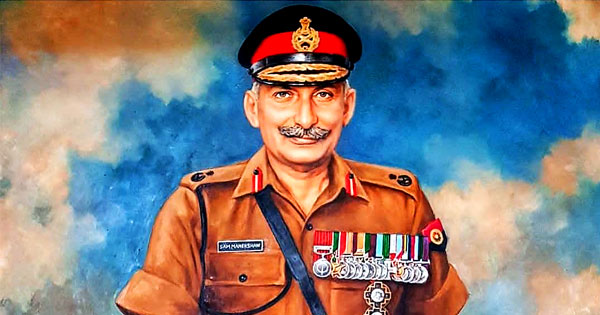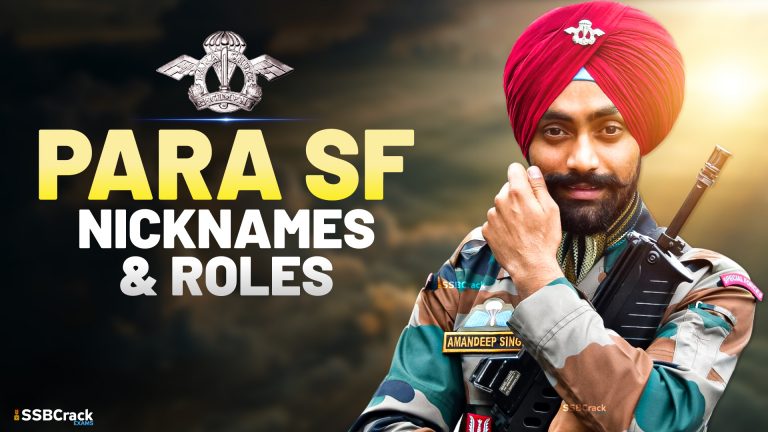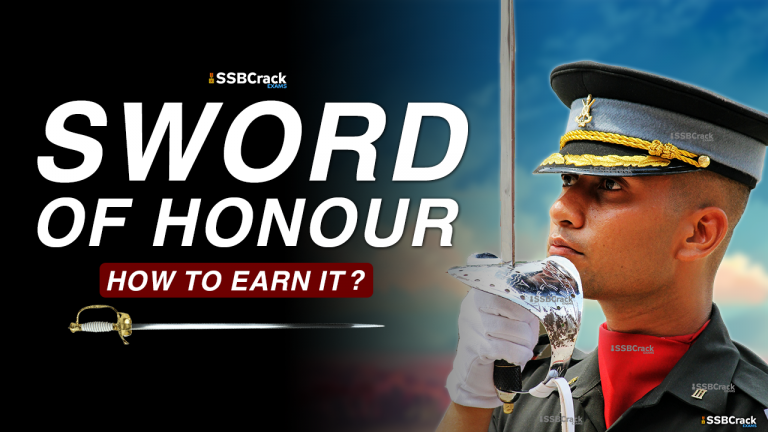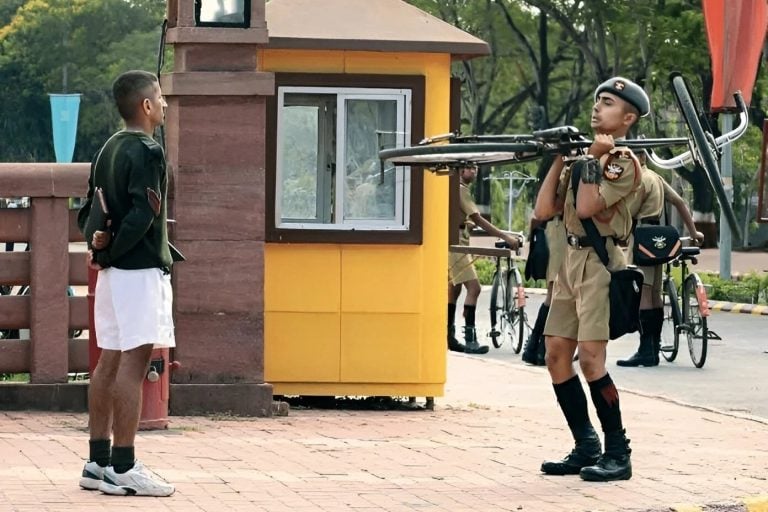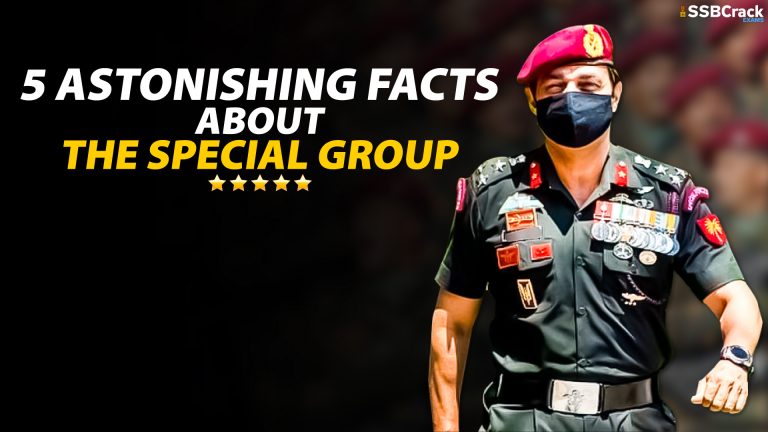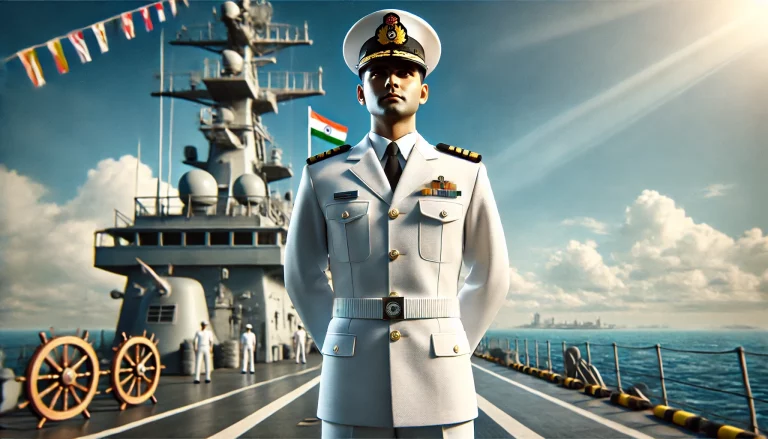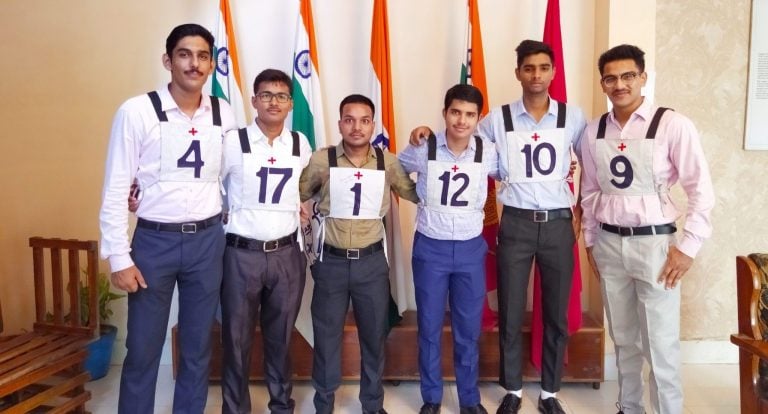Field Marshal Sam Manekshaw, one of the greatest military leader of the country. India, after independence, has seen many young warriors lay down their lives in the defence of the nation. From Major Somnath Sharma to Capt Vikram Batra, the young sons of the nation have never stepped back defending the nation beyond the call of duty. Some sacrificed their lives in the supreme interests of the nation who can never be forgotten and some made it out alive.
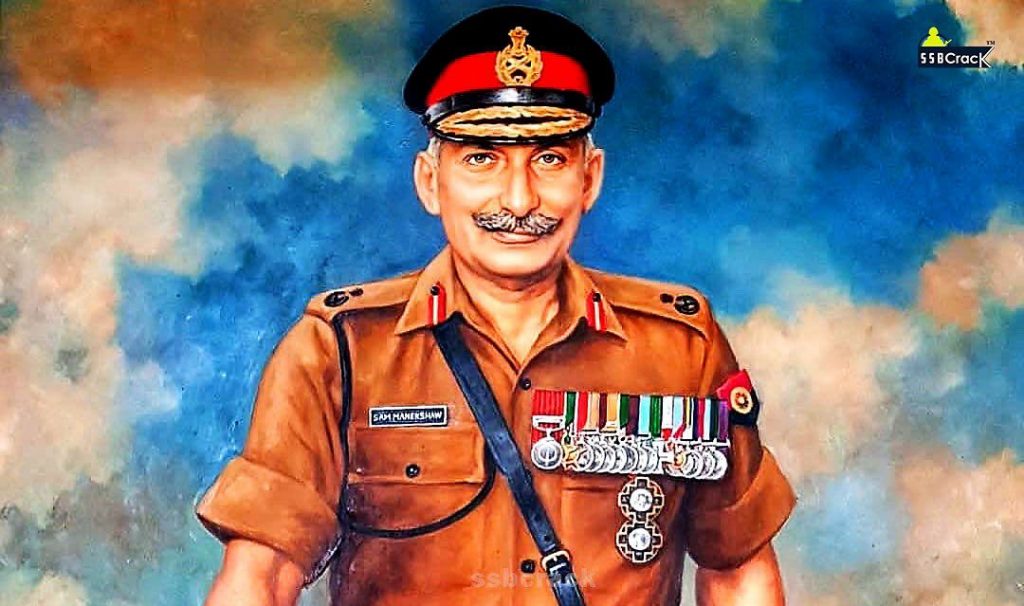
One such person is the first Field Marshal of the Indian Army- Field Marshal Sam Manekshaw:
- Field Marshal Sam Manekshaw or Sam Hormusji Framji Jamshedji Manekshaw or SHFJ Manekshaw was born on 3rd April 1914 in Amritsar, Punjab.
- He was popularly known as “Sam Bahadur”.
- As ironic as it may sound, Field Marshal Manekshaw never thought about joining the Army. It came out as a rebellion against his father that Field Marshal Manekshaw took the entrance examination to join the IMA. He wanted to be a gynaecologist.
- After succeeding the exam and clearing the selections process, he became part of the first intake of 40 cadets on 1 October 1932 at the IMA. He was commissioned as a second lieutenant in the British Indian Army on 4 February 1934.
- His distinguished military career spanned four decades.
- Field Marshal Sam Manekshaw saw five wars, first being World War II under the British Indian Army.
- Manekshaw later became the 8thChief of Army Staff of the Indian Army in 1969.
- In April 1971, as India’s Army Chief, he was rushed into a war with Pakistan. The Indian Army launched the assault in December that year and won the war that led to the birth of Bangladesh in 1971.
- Then in 1973, he became the first Indian army officer to be promoted to the highest military rank of Field Marshal.
- He was awarded the Padma Vibhushan, Padma Bhusan, Military Cross and the Maha Vir Chakra for his services and contributions to the Army.
Following is an excerpt of his speech given at Defense Services College, Wellington in 1998 which describes how excellent a leader Field Marshal Manekshaw was:
“..In World War II, my battalion, which is now in Pakistan, was fighting the Japanese. We had a great many casualties. I was commanding Charlie Company, which was a Sikh Company. The Frontier Force Regiment in those days had Pathan companies. I was commanding the Sikh Company, young Major Manekshaw. As we were having too many casualties, we had pulled back to reorganize, re-group, make up our casualties and promotions.
The Commanding Officer had a promotion conference. He turned to me and said, “Sam, we have to make lots of promotions. In your Sikh company, you have had a lot of casualties. Surat Singh is a senior man. Should we promote him to the rank of Naik?” Now, Surat Singh was the biggest Badmaash in my company. He had been promoted twice or three times and each time he had to be marched up in front of the Colonel for his stripes to be taken off. So I said, “No use, Sir, promoting Surat Singh. You promote him today and the day after tomorrow, I will have to march him in front of you to take his stripes off”. So, Surat Singh was passed over. The promotion conference was over, I had lunch in the Mess and I came back to my company lines. Now, those of you who have served with Sikhs will know that they are very cheerful lot- always laughing, joking and doing something. When I arrived at my company lines that day, it was quite different, everybody was quiet. When my second-in-command, Subedar Balwant Singh, met me I asked him, “What has happened, Subedar Sahib?” He said, “Sahib, something terrible has happened. Surat Singh felt slighted and has told everybody that he is going to shoot you today”.
Surat Singh was a light machine gunner, and was armed with a pistol. His pistol had been taken away, and Surat Singh has been put under close arrest. I said, “All right, Sahib. Put up a table, a soap box, march Surat Singh in front of me”. So he was marched up. The charge was read out- ‘threatening to shoot his Commanding officer whilst on active service in the theatre of war’. That carries the death penalty. The witnesses gave their evidence. I asked for Surat Singh’s pistol which was handed to me. I loaded it, rose from my soap box, walked up to Surat Singh, handed the pistol to him then turned round and told him, “You said you will shoot me”. I spoke to him in Punjabi naturally. I told him, “Have you got the guts to shoot me? Here, shoot me”. He looked at me stupidly and said, “Nahin, Sahib, galtee ho gayaa”. I gave him a tight slap and said, “Go out, case dismissed”.
…there is a very thin line between becoming a Field Marshal and being dismissed.
I went around the company lines, the whole company watching what was happening. I walked around, chatted to the people, went to the Mess in the evening to have a drink, and have my dinner, but when I came back again Sardar Balwant Singh said, “Nahin Sahib, you have made a great mistake. Surat Singh will shoot you tonight”.
I said, “Bulao Surat Singh ko”.
He came along. I said, “Surat Singh, aj rat ko mere tambu par tu pehra dega, or kal subah 6 bjay, mere liye aik mug chai aur aik mug shaving water lana”. Then I walked into my little tent.
Ladies and Gentlemen, I did not sleep the whole night. Next morning, at six o’clock, Surat Singh brought me a mug of tea and a mug of shaving water, thereafter, throughout the war, Surat Singh followed me like a puppy. If I had shown fear in front of my men, I should never have been able to command. I was frightened, terribly frightened, but I dared not show fear in front of them. Those of you, who are going to command soldiers, remember that. You must never show fear. So much for physical courage, but, please believe me, I am still a very frightened man. I am not a brave man…”
Field Marshal Manekshaw died on 27 June 2008 at the age of 94 due to health complications. But, he still remains to be an inspiration for the generations of new officers to come.
Remembering the Legend, Field Marshal SHFJ Manekshaw on his 108th birth anniversary today.
— SSBCrackExams (@SSBCrackExams) April 3, 2022
Sam Bahadur to troops, he crafted independent India's greatest military victory in 1971 Indo-Pak War that led to creation of Bangladesh, an independent nation in the Indian Sub Continent. pic.twitter.com/uN2WtHFcR7
